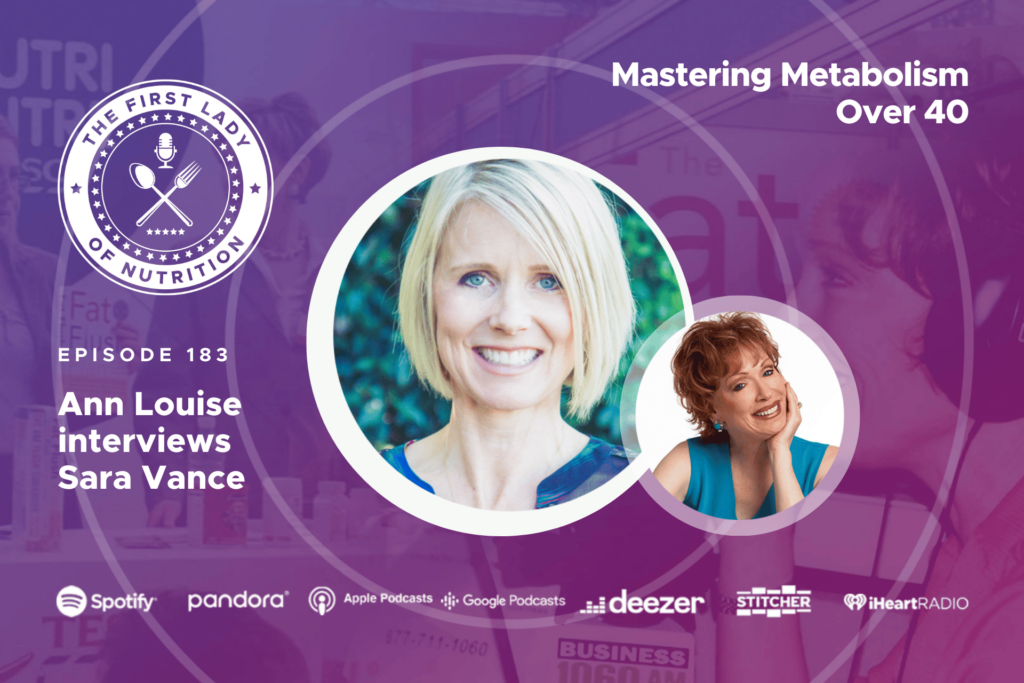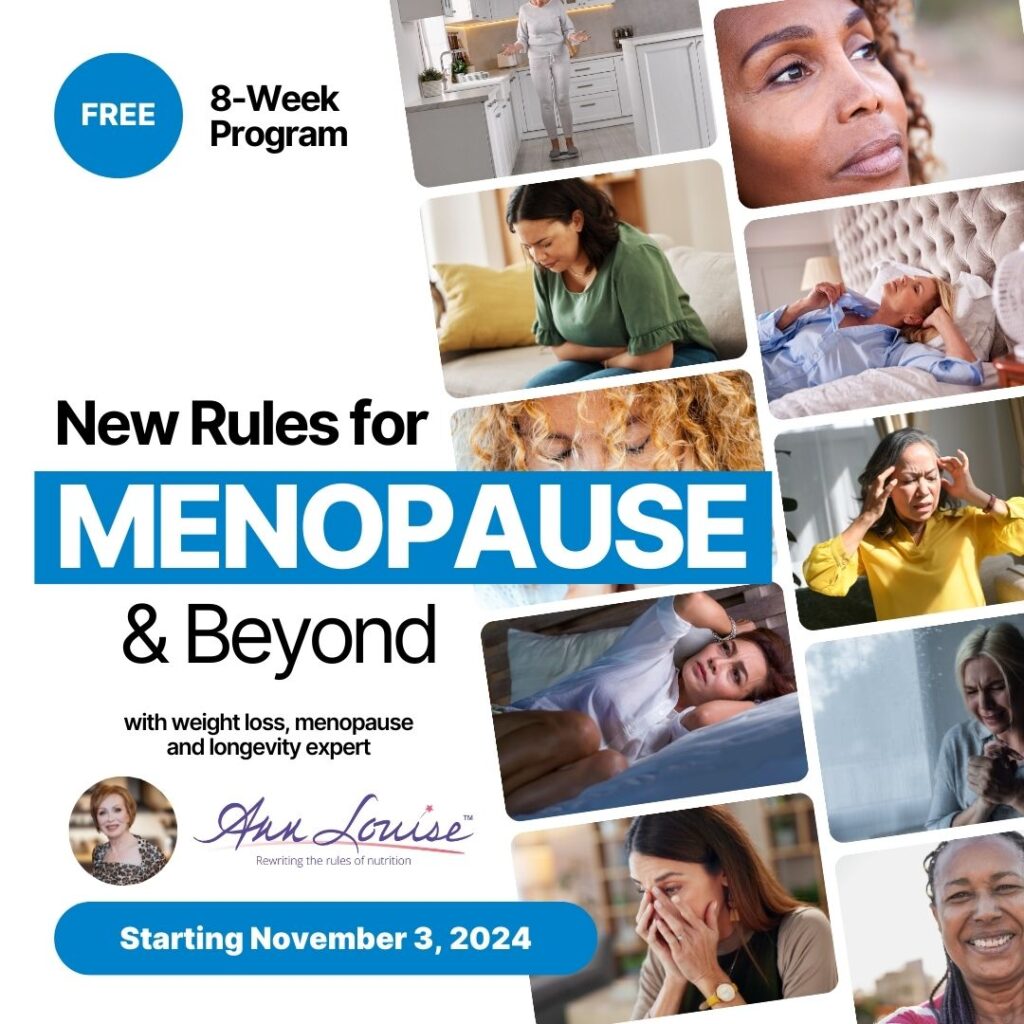Resilience is going to be an overriding theme for 2022. The ability to bounce back from anything – from the ordinary to the extraordinary – is truly an art. It is also a science. So how do we become more resilient?
First, let’s understand what it means. Resilience is not a genetic trait, it is a learned quality. It is a set of coping mechanisms. Research has found that this quality is determined by the people we surround ourselves with, how we take care of ourselves and each other, and the steps we take to find meaning and purpose in our lives, in our relationships, and in the events that happen to us and ultimately define us.
When was the last time you had a traumatic experience occur? How did you cope with it? If you are a strong, resilient person, you have learned the coping mechanisms needed to help overcome the trauma you’ve faced. If you’ve felt stuck and anxious or depressed for longer periods of time than reasonable, there are ways you can build resilience. It’s in your control.
Our overall happiness does not come from our circumstances, but from our responses to them, and resilience is part of that. There are strategies you can implement now that can help you to bend, not break from the stressful situations that happen to us. Are you ready to flex your resilience muscle?
- Eat healthy, high quality meals. It may seem like the last thing you are thinking about when you are traumatized or grieving, or maybe you are a stress eater, but you go for the wrong food choices. Either way, your body needs fuel to keep it nourished and strong. Healthy food will heal you much more quickly, and your brain will receive the nutrients it needs for you to think clearly and find your path moving forward. If you don’t have time to eat the way you need to, you can fill in the gaps by taking UNI KEY’s Advanced Daily Multivitamin which contains methylated B vitamins for your brain as well as over 30 key vitamins and minerals that all help support your brain and nerve health.
- Exercise daily to get your endorphins and GABA in gear. Nothing quiets negative thinking like going out for a walk in the forest or along the beach. Research has proven that regular exercise improves your thinking by boosting your mood and lifting you from those feelings of depression.
- Ask for help. If it’s your perspective that needs reshaping, talk to a friend, family member, or a therapist. Being strong and resilient does not mean navigating through trauma or grief alone.
- Learn to process your emotions. Resilient people need to have space to process emotions, but they don’t wallow in them. They stay busy by working out or going to lunch with a friend and they stay connected.
- Write down your feelings. Write your thoughts down to help make sense of them. Researchers have found that writing down how you feel helps sort through those feelings better than keeping them to yourself.
- Write down steps to take. Write down not only how you are feeling, but also write down steps to take that will help you to stay focused on positive tasks.
- Set daily goals. Look for a path forward by doing one positive thing each day and build up to doing more on your list. Even if you feel paralyzed from the trauma, find a way to overcome it by setting daily goals and making them happen. And be flexible with those goals. Resilient people are flexible and willing to move on to game plan B if A doesn’t work.
- Sleep on it. It is vital to your health to get enough rest each night. When you are resting, your brain sorts through and files what you were going through the day before, and it allows you to wake up with a fresh perspective.
- Tap into gratitude. It may seem futile at first, but having an attitude of gratitude is worth a pot of gold. When you make a list each day of the things you are grateful for, even though it’s hard to see through the smoke and fog at the moment, you will be amazed at how that clears when you find your grateful heart.
- Breathe……. Taking a deep breath can cleanse your heart and soul like nothing else can. Studies suggest that practicing conscious breathing on a daily basis reduces stress and anxiety and it changes the electrical activity in the brain. This makes you feel both more alert and calm. Focus on becoming clear and calm in your thoughts and before you know it, you will be.
Along with applying these habits in your daily life, there is one thing I could never live without when I am faced with traumatic crises or stressful situations. I recommend it to all of my clients that are going through grief and trauma. And that’s magnesium. I actually helped to formulate Mag-Key because I was in need of a calming formula after my own crisis years ago. It is my “Chill Pill” and if you haven’t tried it yet, it is essential you consider having this on hand if you are in need of a balanced and focused mind. I recommend taking 5 mg per pound of body weight daily.
I am sending you my love and wishes for a calm, focused and balanced 2022. It is my hope that we can all learn to strengthen our core well-being and disaster-proof our minds by embracing the art of resilience. May you bounce back even stronger in 2022!












